
(Photo: a drawing of John Stuart Mill, arguably the original libertarian thinker.)
The aim of this political ideology is to maximise both personal freedom (as liberals, socialists traditionally do), and economic freedom (as conservatives traditionally do).

(Image of Nolan 2d Political Spectrum sourced here.)
And I get it. Sounds pretty rosy, right? Government isn't going to interfere with your rights or the money you've earned. You are free.
Ask me about libertarianism a few years ago, and I'd tell you that it seems to be the ultimate ideal towards which all peoples are striving; as close to a utopia as could be acheived on this Earth.

(Photo: Look, no government in sight. Beautiful.)
But, the economic situation of the last 18 months has forced me to rethink, for two reasons.
One, the flaw in the libertarian ideal is the claim that total economic freedom and total personal freedom can co-exist. Personal freedoms such as social welfare are provided by the government.
However, in a libertarian state, this would be left to charity. Not a bad idea, and I'm not bringing up the same old chestnut about fiscal libertarians being heartless; but seriously, what if charity was not forthcoming?
Who, amongst the British 1800s/early 1900s 'upper crust', helped out the poor? Some people did. Others did not. Healthcare for the poor was terrible, for example.
What did those benevolent wealthy folks wind up doing? They started to legislate help through the government. Damn those socialists (add disgusted emphasis) who wanted to give schoolchildren free meals, or build sewers for towns plagued by cholera.
(And see graph halfway down this page about how much the UK spends in %GDP on healthcare compared to the US and their 'efficient', 'competitive' free market system!)
In other words, total economic freedom and total personal freedom are, in my opinion, mutually exclusive. And neither of them are great ideas, as with these freedoms comes responsibility. To both look out for your fellow citizens, and not take advantage of others' help, is too much for many a citizen to handle.

(Photo: David Lloyd George, former PM of Britain and influential figure behind liberal social reforms here in the 1900s-1910s.)

(Photo; Sometimes I think libertarians miss the point about social welfare. What if the rich don't want to give? Which freedom is more important, the wealthy's right to keep more of their income or this guy's right to survive?)
Second is the misconception about the free market. I bought this completely just a few years ago. After all, the market had been rising in correlation with the stripping away of regulations during the late 20th Century, so it seemed that market freedom caused market growth.
(This led to one of the best politcal quotes of non-wisdom by then-UK Chancellor Gordon Brown, about the days of boom and bust being over. I think we'll be hearing that one a few more times in the run-up to the next general election, whenever that may be.)
The 2007-8 economic crisis, however, has shown that deregulation caused deep underlying problems. Turns out, if we don't regulate the financial sector, some people will milk it dry and ride off into the sunset with the profit while we socialise the loss! Who knew?!

(Photos: not totally relevant, but I love the pro-gun propaganda in the US. Always strikes a chord with me.)

I think that government welfare, and economic regulation, are a lot like guns; they may seem bad, but do you really want to be without them when they may one day help you out?
That is why I am now more of a liberal than a libertarian.
(Interesting political spectrum test. Are you a Libertarian?)


















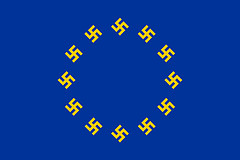

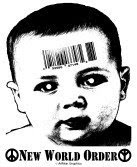




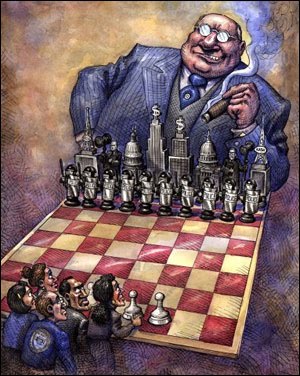









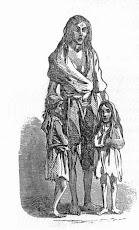
.jpg)

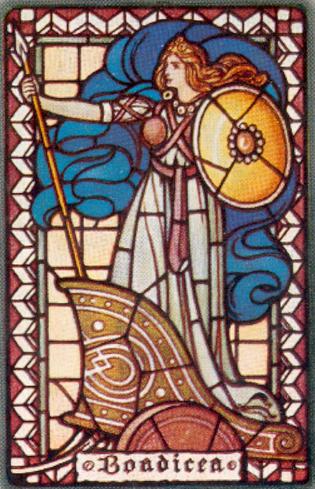

No comments:
Post a Comment